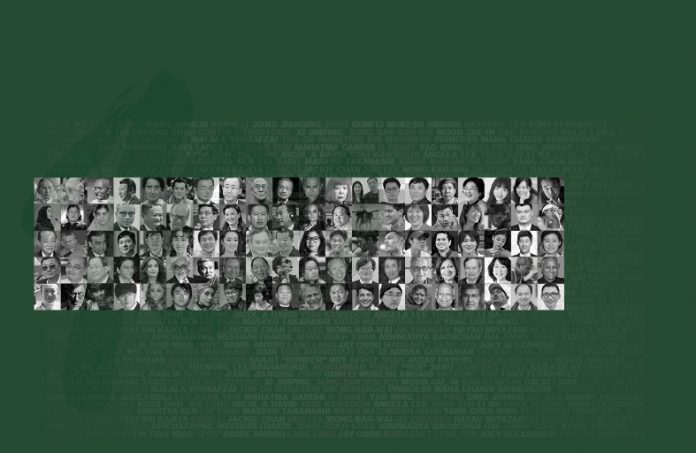Text: Joycelyn Lau and Lucien Low
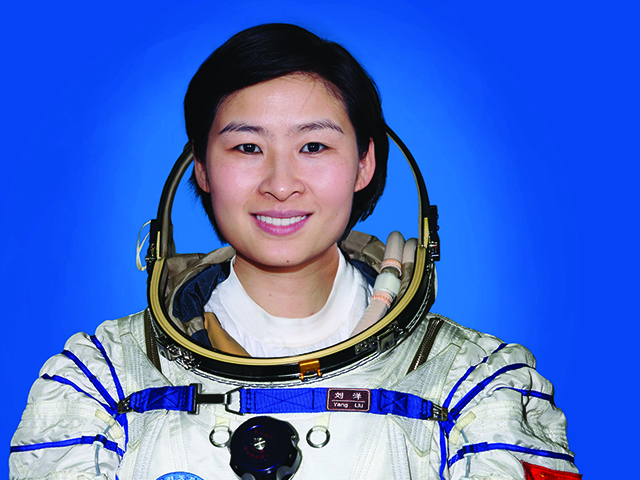
Liu Yang (b.1978), pilot & astronaut
China
The first Chinese woman in space, Liu was among the crew of three aboard spacecraft Shenzhou 9 when it docked with Chinese space station Tiangong 1 in China’s fourth manned mission in June 2012. Liu performed experiments in space medicine during the mission.
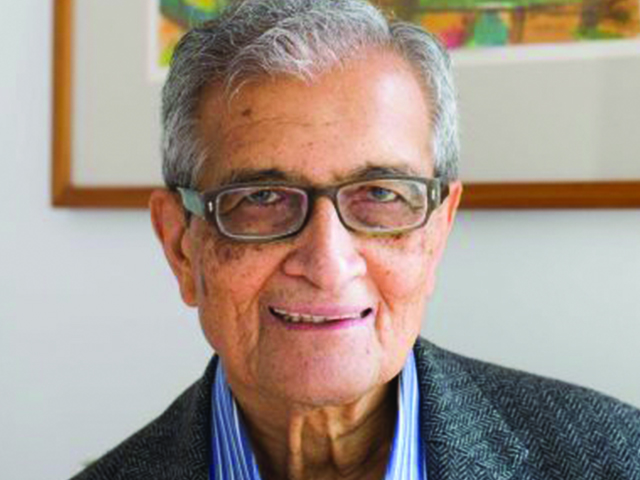
Amartya Sen (b.1933), economist
India
Sen has produced significant work on social choice theory and welfare economics, which includes the causes of famine. For his work that benefits society’s poorest members, Sen was awarded the Nobel Memorial Prize in Economic Sciences in 1998.
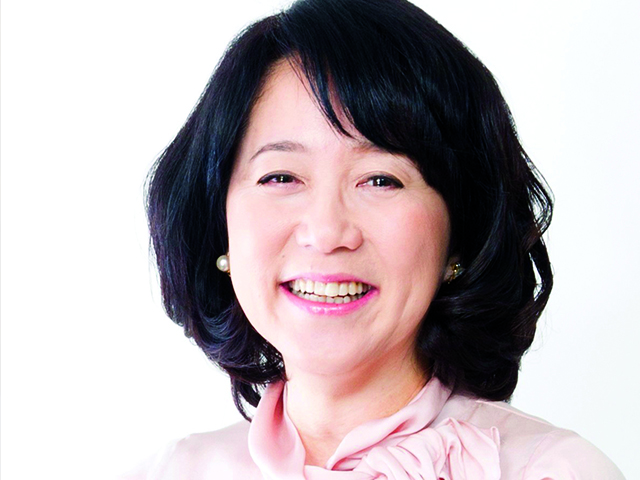
Masayo Takahashi (b.1961)
ophthalmologist & stem cell researcher, Japan
Also a medical physician, Professor Takahashi is best noted for her groundbreaking work in regenerative medicine. Leading a team, she completed the first successful transplant of a relatively new type of stem cells – induced pluripotent stem (iPS) cells – into the eye of a patient with macular degeneration.
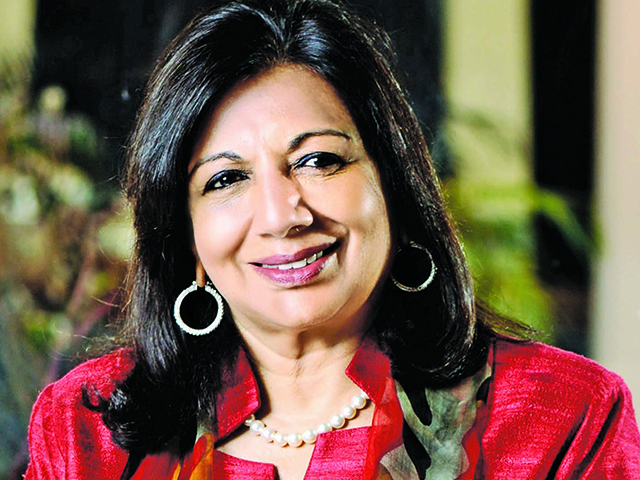
Kiran Mazumdar-Shaw (b.1953), managing director of Biocon
India
The technology pioneer developed cost-effective medical techniques and lower-cost drugs and also researches areas such as cancer, diabetes and other auto-immune diseases. She directs10% of her company’s revenue into research and development.
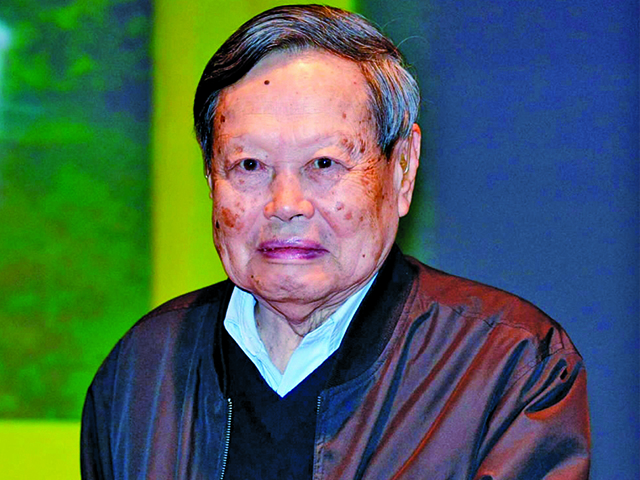
Yang Chen-Ning (b.1922), physicist
China
Yang, whose work focuses on statistical mechanics and particle physics, made his most important contributions in the Yang-Mills theory. He and fellow physicist Tsung-dao Lee won the Nobel Prize in Physics in 1957 for their investigation into parity violation.
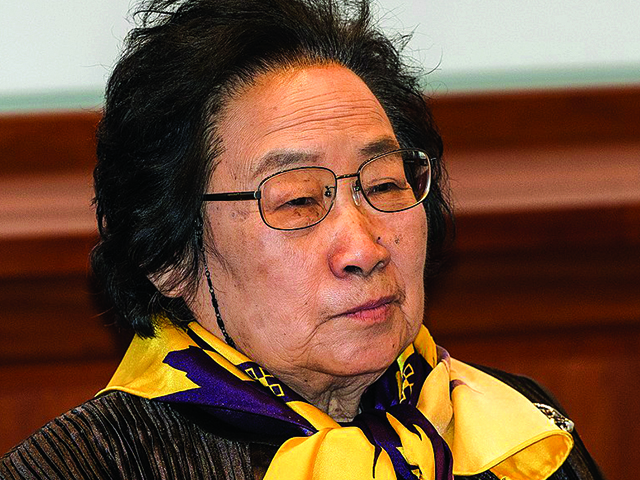
Tu Youyou (b.1930), pharmaceutical chemist
China
Tu’s research into 20th-century tropical medicines led to the discovery of the drugs artemisinin and dihydroartemisinin, which are used to treat malaria. For her work on malaria, Tu won the Nobel Prize in Medicine in 2015. She is the first Chinese Nobel laureate in physiology and medicine.
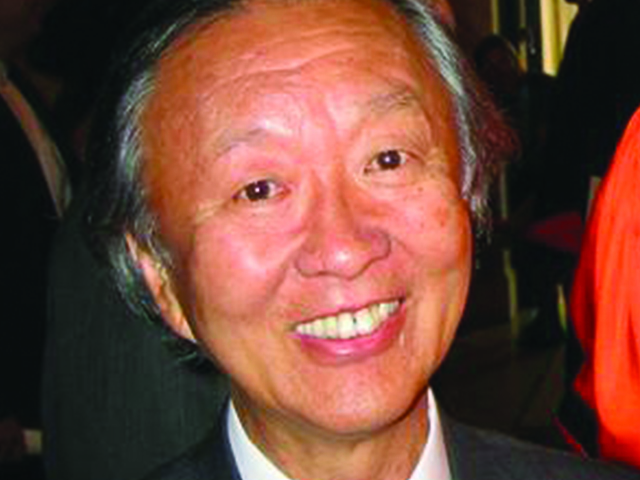
Charles Kao (b.1933), electrical engineer and physicist
Hong Kong
Nicknamed the “Godfather of Broadband”, Kao developed the use of fibre-optics in telecommunications. In the 1960s, his work in combining glass fibres with lasers to transmit digital data created the foundation for the evolution of the Internet. In 2009, he won the Nobel Prize in Physics.
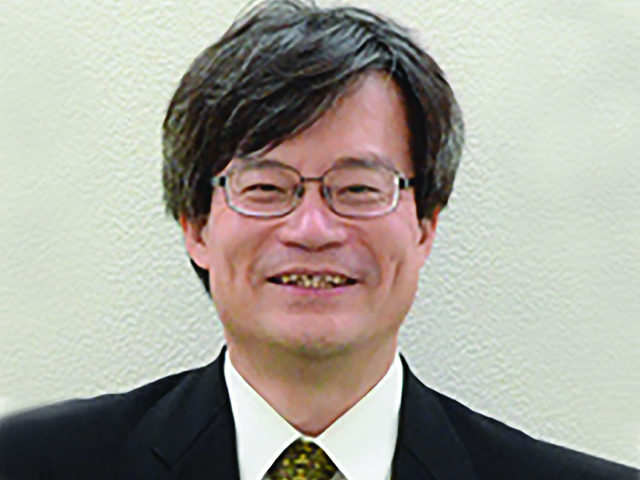
Hiroshi Amano (b.1960), physicist and inventor
Japan
Specialising in semiconductor technology, Amano invented efficient blue light-emitting diodes, making bright and energy-saving white light sources possible. For his work, he was awarded the Nobel Prize in Physics in 2014, together with two other scientists.
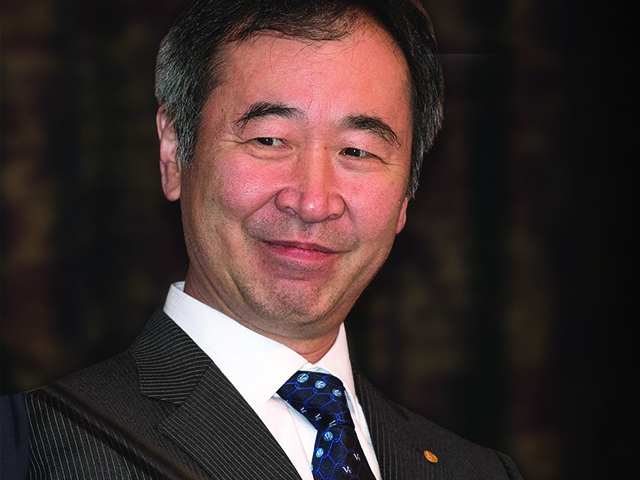
Takeshi Kajita (b.1959), physicist
Japan
The Nobel laureate in Physics (2015), together with joint winner Canadian physicist Arthur Mcdonald, solved the longstanding solar neutrino problem, pointing out weaknesses in the Standard Model.
Read the full article in issue 132 of Asian Geographic Magazine.


